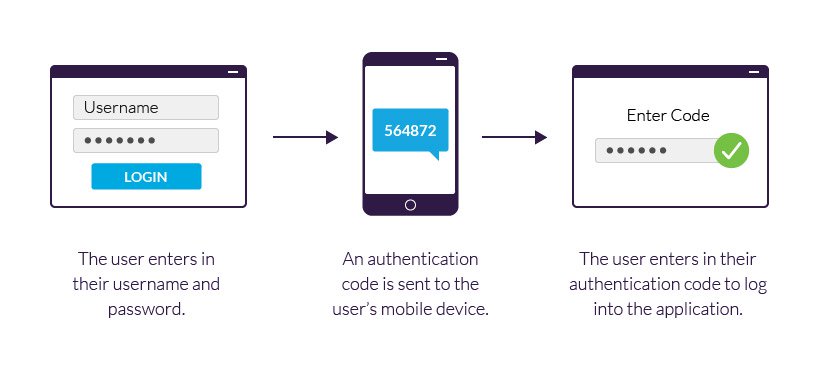
Our Tips for Online Security
Being aware of online security is an important skill set to have when working in an office or even at home. It is more important than ever before, to guard your online data and keep nosy hackers out of your business. Here are our top tips on how you can stay safe online.
• Be suspicious – If it looks sketchy, it probably is. All it takes is opening one email to compromise your computer. If a suspicious-looking email is from someone you know, ask them about it. Chances are they may have been hacked and have no idea. Click here for a list of tips for recognizing email scams.
![items.[0].image.alt](https://ewscripps.brightspotcdn.com/dims4/default/80ecbd9/2147483647/strip/true/crop/1019x573+0+95/resize/1280x720!/quality/90/?url=https%3A%2F%2Fewscripps.brightspotcdn.com%2F61%2F12%2Fdf24ea5241659d7f16d8225d318d%2Fnetflix-phishing-scam.jpg)
• Set up a firewall – Setting up a firewall on your computer is an extra measure that can protect your security. A firewall works by establishing a barrier between the internet and the network, letting in good connections and keeping out bad ones.
• Install antivirus software – This is like having a personal guard for your computer against spyware, malware, and viruses. Antivirus software is also a useful tool for parental guides. Click here for a list of top antivirus software tools.
• Keep computer software up to date- Since viruses and hackers prey on outdated devices, keeping your computer or phone updated is a great way to keep them out.
• Password protect everything – When it comes to choosing a password, try to keep it long. The most secure passwords can be up to 20 characters and include a mix of numbers, special characters, and spaces.
• Use a secure browser – A browser keeps a record of your search history, your login credentials, and your personal information. It is essential to use a browser that you trust. Click here for a list of 8 secure browsers.
• Use two-factor authentication – Long gone are the days of a simple username and password. Now, it is imperative to use two-factor authentication for your accounts. Having a connected phone or email is an extra step to increase your security against hackers.

• Protect your sensitive PII- Your “personal identifiable information” is confidential information that a hacker could use to steal your identity. These include, but are not limited to: your social security number, phone number, address, and your credit card information. The way to best protect your PII is to be wary of public WiFi, use strong passwords, and be careful about sharing your personal information online.